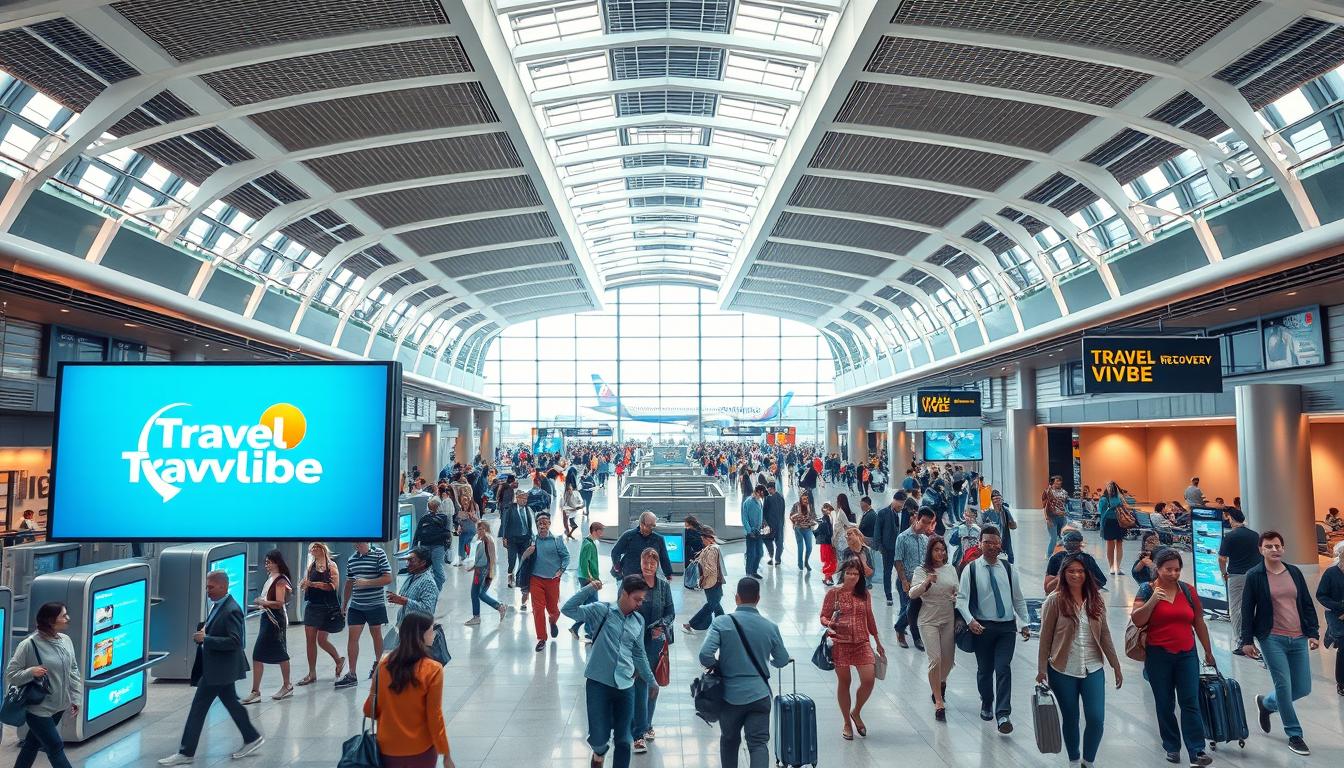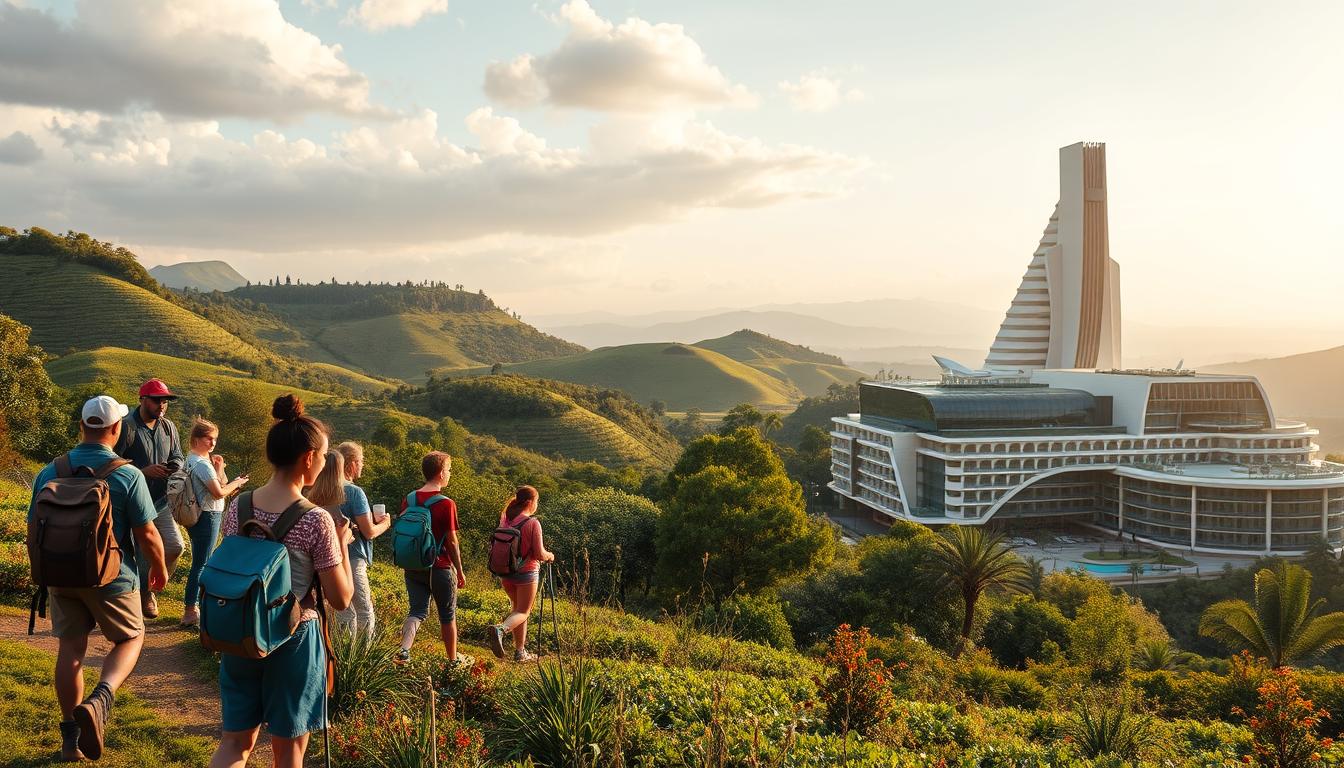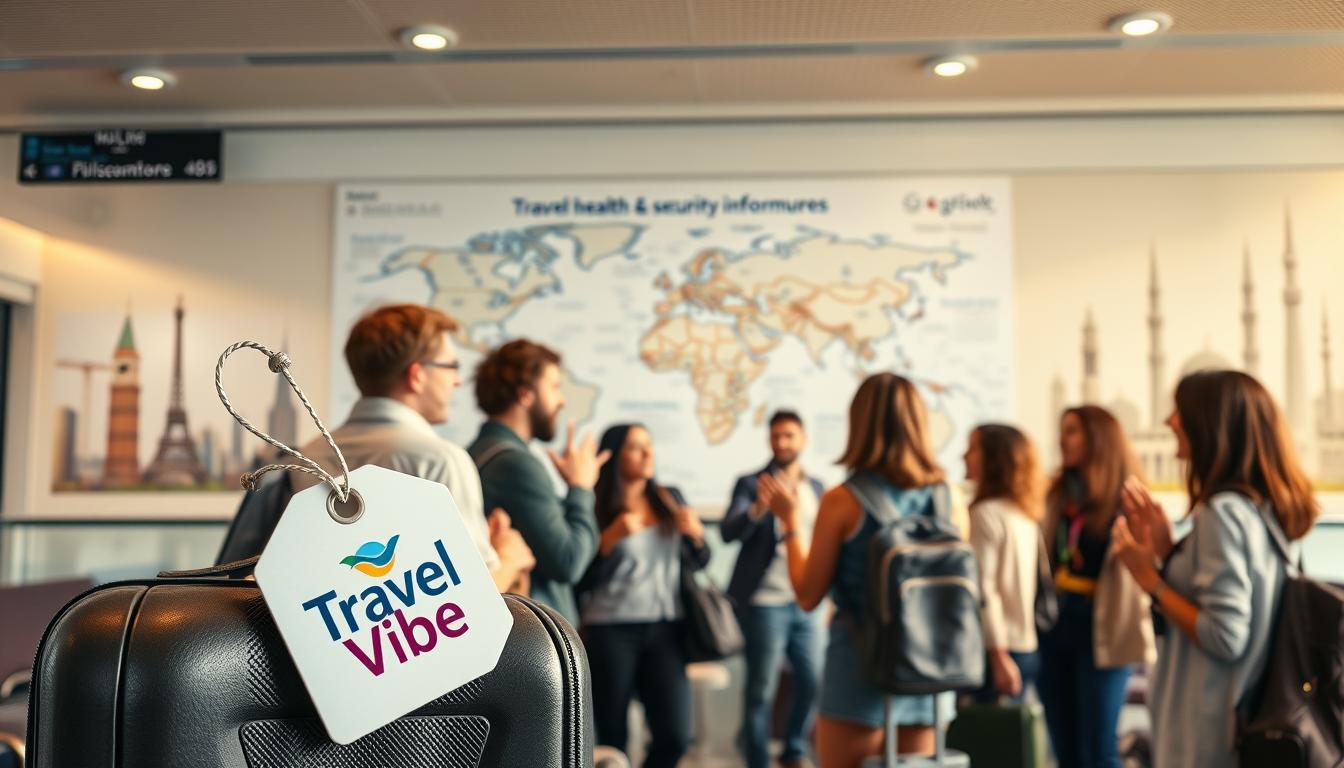The world is opening up again, and travel is on the rebound. According to the UN World Tourism Organization, international tourism has reached 57% of pre-pandemic levels in the first seven months of 2022. As a result, the U.S. Department of State has seen an 86% surge in passport applications, leading to significant backlogs.
At CoWrit Technologies Inc, we understand the complexities of planning a safe and enjoyable trip in today’s rapidly changing landscape. Our comprehensive guide will walk you through essential strategies for navigating visa requirements and staying safe while exploring foreign countries.
We’ll share expert insights on necessary documentation, health preparations, and financial security to help you travel with confidence. Whether you’re a first-time traveler or a seasoned globetrotter, our guide is designed to enhance your travel experience.
Key Takeaways
- Essential strategies for planning safe and enjoyable trips
- Expert insights on visa requirements and health preparations
- Practical advice for navigating foreign countries with confidence
- Tips for enhancing your travel experience
- Information on necessary documentation and financial security
Essential Pre-Trip Planning for International Travel
Before embarking on international travel, thorough pre-trip planning is crucial for a smooth journey. At CoWrit Technologies Inc, we understand the importance of being prepared.
Passport Requirements and Timeline
One of the first steps in pre-trip planning is checking your passport’s expiration date. Many countries require passports to be valid for at least six months beyond your trip dates. We recommend checking this at least 6-8 months in advance. The process for applying for and receiving a passport can be lengthy, potentially delaying your trip if not done in advance. First-time passport applicants should allow 8-11 weeks for standard processing, while renewal applications take 6-9 weeks. Expedited services are available for an additional fee for those short on time.
Researching Your Destination Country
Understanding your destination country’s local laws, customs, and cultural norms is vital. We suggest investigating any travel advisories issued by the U.S. Department of State. Knowing your destination’s climate, transportation options, and typical costs will help you pack and budget effectively. This research will ensure a more enjoyable and stress-free travel experience.
Smart Traveler Enrollment Program (STEP)
We strongly recommend enrolling in the Smart Traveler Enrollment Program (STEP), a free service that allows U.S. citizens to register their trip with the nearest U.S. Embassy or Consulate. STEP enrollment ensures you receive important safety and security updates about your destination country and helps the Embassy contact you in an emergency.
Understanding Visa Requirements for International Travel
The first step in planning a smooth international trip is to grasp the visa requirements for your destination country. As you prepare for your journey, it’s essential to understand the different types of visas and the requirements associated with them.

Types of Travel Visas
There are several types of travel visas, including tourist visas, business visas, transit visas, and electronic travel authorizations (ETAs). The type of visa you need depends on the purpose of your trip and your destination country.
Application Process and Timeframes
The visa application process can vary significantly between countries. While some nations offer online applications, others require in-person interviews or biometric data collection. It’s crucial to start the application process early, as processing times can range from a few days to several months.
Entry Requirements Beyond Visas
Beyond obtaining a visa, there are additional entry requirements to consider. These may include proof of onward travel, evidence of sufficient funds, travel insurance documentation, and vaccination certificates. Ensuring you have all necessary documentation will help facilitate smooth immigration processing.
By understanding the visa requirements and other entry requirements for your destination country, you can avoid potential issues during your trip. Researching thoroughly and planning ahead will help ensure a hassle-free international travel experience.
International Travel: Tips, Visa Requirements & Safety Measures
Before embarking on your international journey, it’s essential to be well-prepared with the necessary documents, health precautions, and emergency plans. This preparation not only ensures compliance with regulations but also enhances your travel experience by mitigating potential risks.
Health and Medical Preparations
Consulting with a travel medicine specialist 4-6 weeks before your trip is highly recommended to discuss necessary vaccinations and health precautions specific to your destination. Creating a travel health kit with prescription medications, over-the-counter remedies, first aid supplies, and copies of prescriptions is also crucial.
Travel Insurance Essentials
Travel insurance is a non-negotiable aspect of international travel, covering medical emergencies, trip cancellations, evacuation services, and lost luggage. When comparing policies, it’s essential to look beyond the price and examine coverage limits, exclusions for pre-existing conditions, and the claims process.

Emergency Contact Information
Preparing emergency contact information is vital. This includes storing local emergency numbers, contact details for the nearest U.S. Embassy or Consulate, and your accommodation information. Creating both digital and physical copies of these contacts and sharing them with trusted family or friends can be lifesaving in case of an emergency.
Managing Money Safely While Abroad
To ensure a smooth journey, it’s essential to understand how to manage your finances while traveling abroad. This includes being aware of the local currency, having access to your money, and protecting your financial information.
Currency Exchange Tips
Exchanging currency can be a challenge. We recommend exchanging a small amount of local currency before departure to cover immediate expenses like transportation from the airport and meals during your first day.
For the best exchange rates, avoid airport kiosks and hotel exchange services; instead, opt for local banks or ATMs once you’ve arrived at your destination.
Credit Cards and ATM Access
Before you travel, notify your bank and credit card companies of your travel dates and destinations to prevent them from flagging foreign transactions as suspicious.
Consider using credit cards with no foreign transaction fees. You can find more information on staying financially safe on an international.
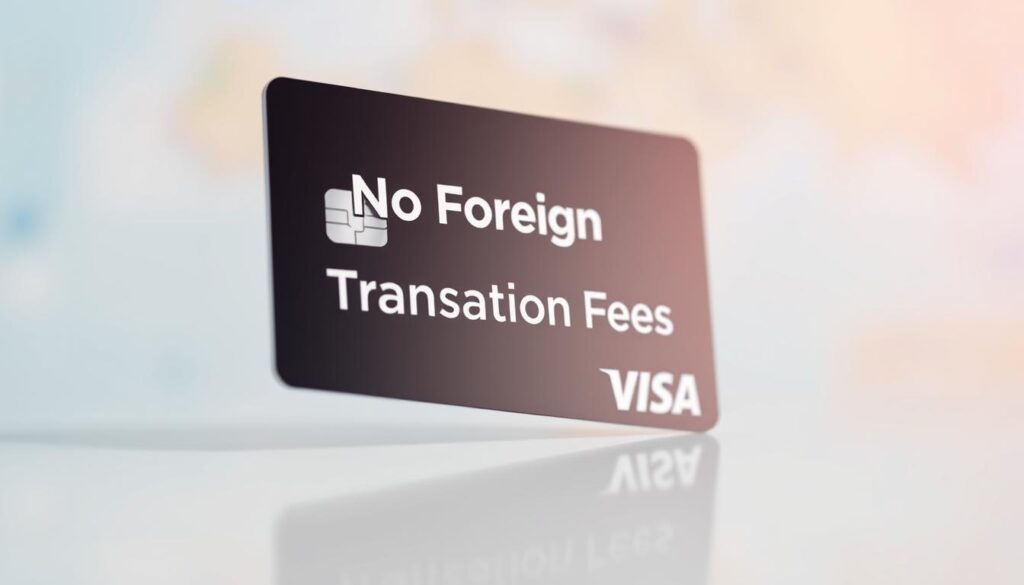
Protecting Your Financial Information
To protect your financial information, use RFID-blocking wallets, avoid public Wi-Fi for banking activities, and regularly monitor your accounts.
It’s also wise to carry multiple payment methods, including cash, credit cards, and a debit card for ATM withdrawals, and to divide your money and cards between different secure locations.
Technology and Connectivity for Smart Travelers
With the rise of smart travel, having the right technology and connectivity is more important than ever. As we venture into new destinations, our reliance on digital tools to navigate, communicate, and access vital information increases.
Essential Travel Apps
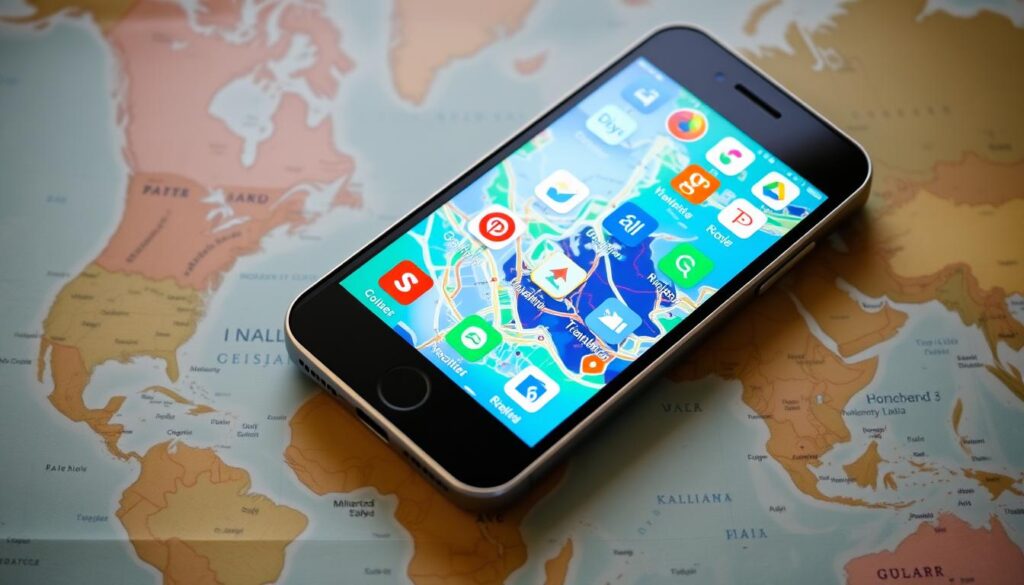
We recommend downloading essential travel apps before departure, including offline maps, translation tools, currency converters, and transportation apps specific to your destination. These tools not only enhance your travel experience but also provide vital information at your fingertips.
International Phone Plans vs. Local SIMs
Deciding between international phone plans and local SIMs depends on the length of your stay and your data needs. For trips longer than a week, local SIMs often provide more data at lower costs. Ensure your phone is unlocked before traveling and research reputable providers at your destination.
Staying Connected Securely
When connecting to public Wi-Fi, using a reliable VPN (Virtual Private Network) is crucial to protect your personal information and access geo-restricted content. Additionally, consider downloading entertainment content before your trip to enjoy during long journeys without depleting your data allowance.
By embracing these technological solutions, smart travelers can enjoy a more streamlined, connected, and secure travel experience.
Special Considerations for Solo International Travel
Traveling alone abroad can be incredibly rewarding, yet it necessitates a thoughtful approach to safety and cultural awareness. As a solo traveler, being mindful of your surroundings and taking necessary precautions can significantly enhance your travel experience.
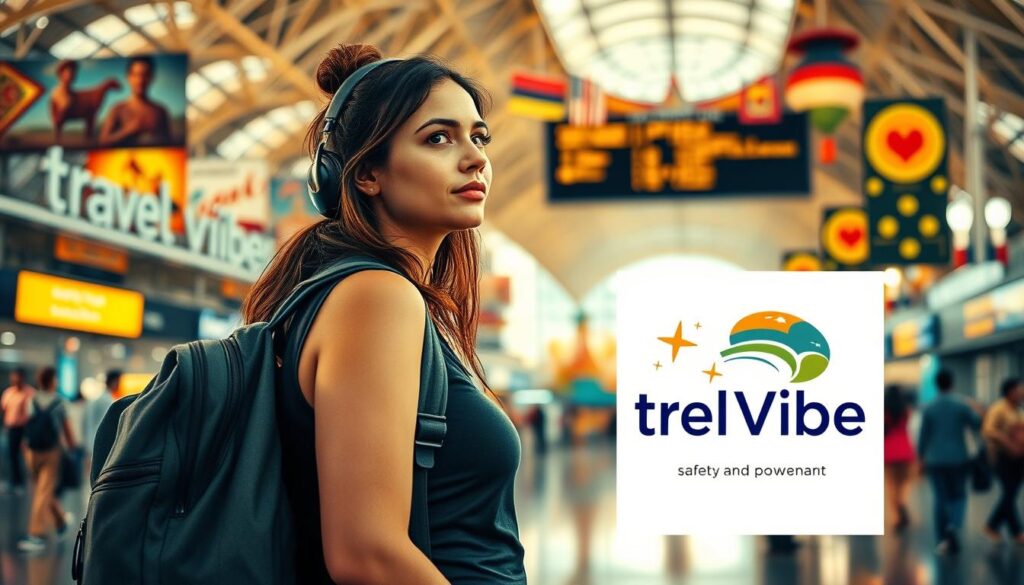
Safety Tips for Women Travelers
For women traveling solo, it’s essential to research destination-specific safety concerns and cultural norms regarding dress and behavior before departure. Understanding local customs and being aware of potential risks can help minimize vulnerabilities.
Always try to travel with a buddy at night, and if you go out, don’t drink too much, especially if you are alone or without people you trust. Using apps to meet new people? Always meet in public places and follow your instincts.
Accommodation Safety
When selecting hotels or accommodations as a solo traveler, prioritize properties with 24-hour front desk service, secure entry systems, and positive safety reviews from other solo travelers. Using all additional security measures like door locks and safes can add an extra layer of protection.
It’s also advisable to avoid ground floor rooms when possible and never reveal your room number in public. Building a contact network at your destination, including hotel staff or fellow travelers, can enhance your safety.
Transportation Security
Researching transportation options thoroughly and using reputable ride-sharing services or licensed taxis can help ensure a safe journey. Avoiding overnight travel on public transportation in unfamiliar areas is also recommended.
For solo travelers, maintaining regular contact with someone at home, sharing your daily itinerary, and establishing check-in times can provide an added layer of security.
Conclusion: Becoming a Confident Global Traveler
As you prepare for your next international trip, remember that flexibility, patience, and cultural awareness are essential for a rewarding experience. Our comprehensive guide has covered essential tips for every stage of your journey, from pre-departure planning to on-the-ground safety measures.
With proper preparation and the right information, international travel can be one of life’s most enriching experiences. You’ll develop valuable skills such as adaptability and cultural awareness, which will serve you well beyond your travels.
For personalized travel planning or content related to your upcoming adventures, contact CoWrit Technologies Inc via WhatsApp at +44-7822010953. Our team offers comprehensive services, including travel content writing and digital marketing for tourism businesses.
Becoming a confident global traveler is a process that develops over time and with each new destination you explore. Embrace the learning process, and happy travels!
